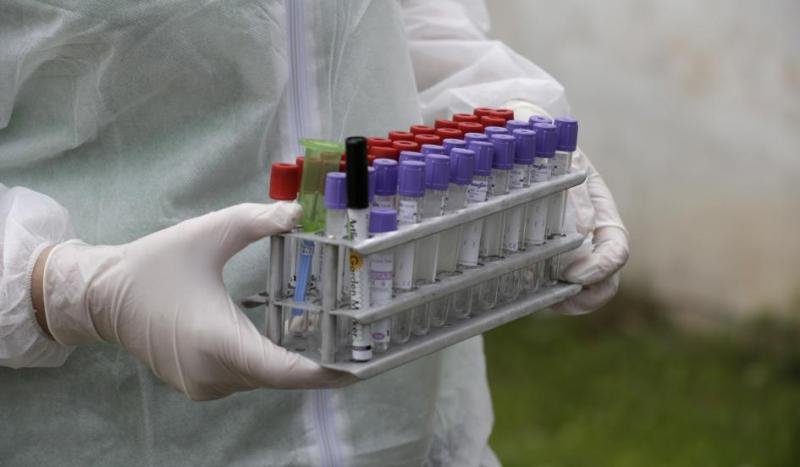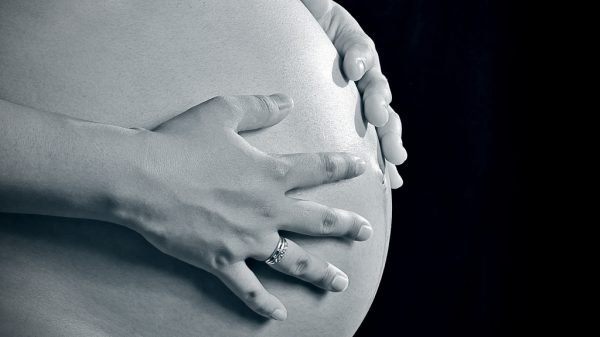A study at John Hopkins University (JHU) in Baltimore determined that, in the future, a blood test may be able to determine a person’s likelihood to attempt to commit suicide.
Scientists have identified a genetic mutation that could function as a red flag of a person’s vulnerability to the effects of stress and anxiety, which could indicate the risk of suicidal thoughts or attempts.
The scientists locked in on the gene SKA2, which controls how the brain reacts to stress hormones. It functions to inhibit negative thoughts and control impulsive actions. A group of chemicals, called methyls, can adversely affect the gene. If the gene’s function is impaired, a person would not be able to stop the effect of the stress hormone, which could trigger severe anxiety and fear for even slight, everyday problems.
Researchers tested blood samples from 325 people and discovered that changes in the SKA2 gene could predict with 80 percent accuracy those who were experiencing suicidal thoughts or who had tried to commit suicide. Moreover, previous studies have shown that those who try to kill themselves or have committed suicide have an abnormal release level of cortisol, a stress hormone.
Zachary Kaminsky, an assistant professor of psychiatry and behavioral sciences at JHU and the leader of the study, said that the study’s results reveal a person’s vulnerability to stress, but it also could show a person’s resilience.
“It’s like a person trying to cross the street,” Kaminsky said. “It doesn’t make you destined to be hit but might encourage you to be a more aware pedestrian. It helps you get up in the morning, it helps you cross the road and it helps you run away from a lion.”
Kaminsky added that more research will be necessary to figure out if blood tests could predict the probability of suicide within a larger group. Until then, and even when that goal is achieved, assessment will be based on individuals.



















































Comment Template